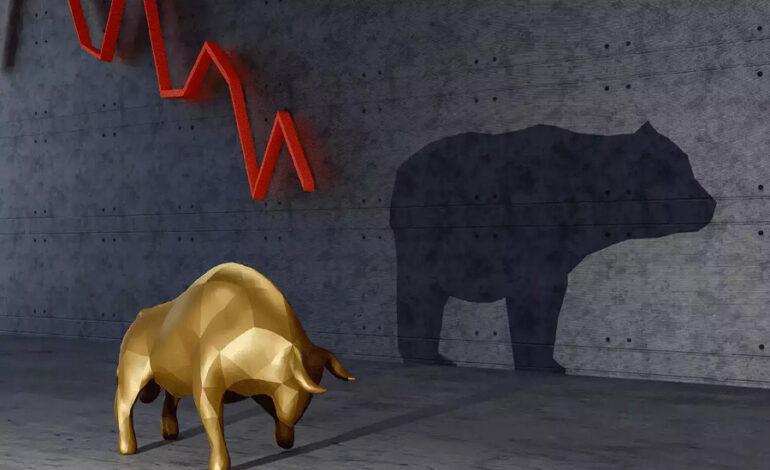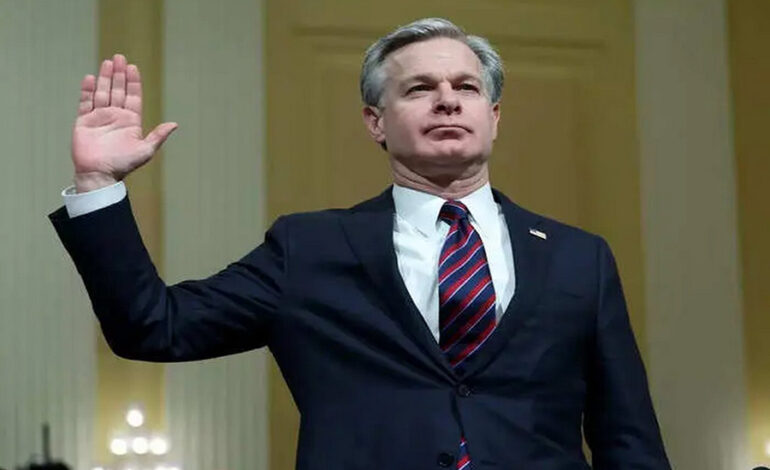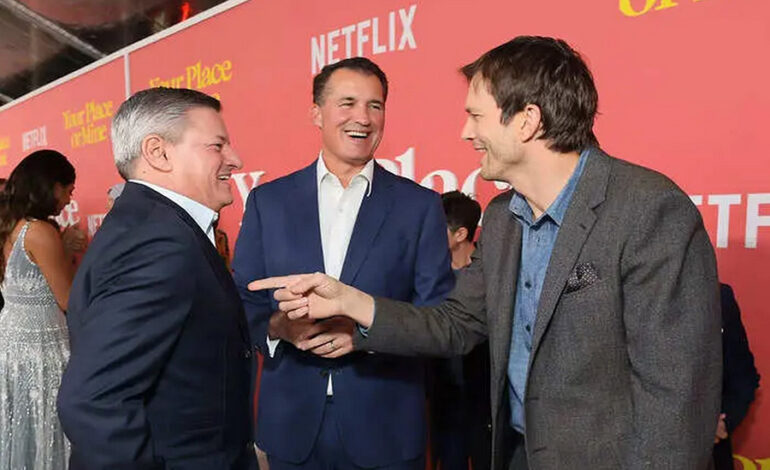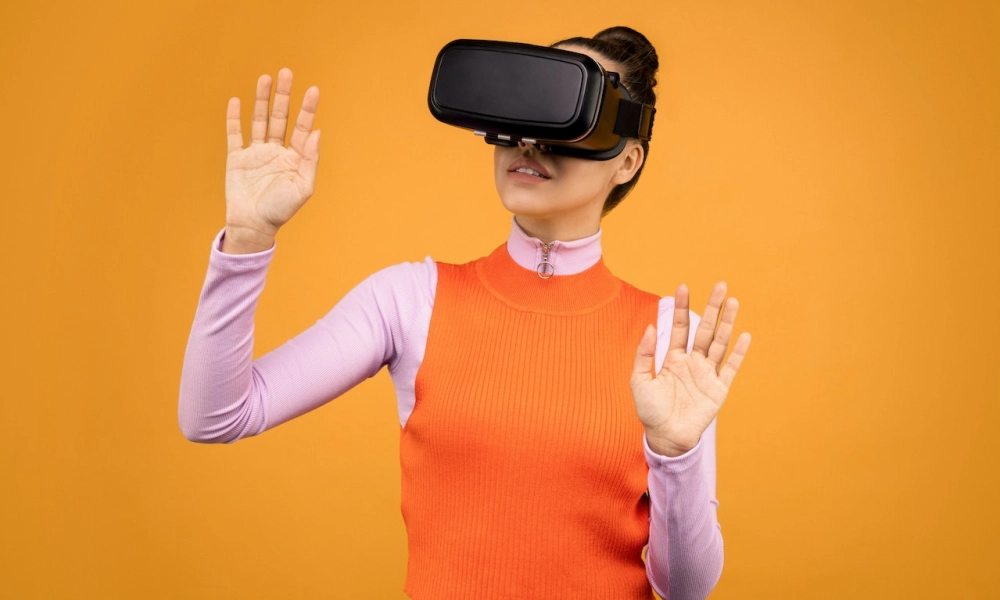Loyalty Dynamics in Corporate America

In today’s corporate landscape, loyalty between employers and employees has dwindled significantly, marking a notable departure from earlier generations’ steadfast commitment to single employers. The concept of unwavering allegiance to corporate entities has become increasingly obsolete, replaced by a culture of flexibility and mobility in the job market. Business Insider’s Aki Ito delves into the evolving dynamics of loyalty in corporate America, shedding light on the factors contributing to this paradigm shift.

Shifting Loyalties
Historically, there was a prevailing sentiment among older generations extolling the virtues of remaining loyal to a single employer throughout one’s career. However, this sentiment has eroded over time, particularly with the advent of globalization. The rise of multinational corporations prioritizing transactional relationships with employees has blurred the lines of loyalty, fostering a more pragmatic approach to employment.
Emerging Trends
Recent trends further underscore the diminishing loyalty between employers and employees. The phenomenon of “quiet quitting” and frequent job-hopping has empowered workers, enabling them to assert greater control over their career trajectories. Moreover, the widespread adoption of remote work, exacerbated by the COVID-19 pandemic, has reshaped traditional notions of workplace loyalty.

Tech Industry Dynamics
Nowhere is the erosion of loyalty more evident than in Big Tech, where once-revered employers are grappling with internal discontent and disillusionment among their workforce. Tech giants like Google, long admired for their vibrant culture and generous perks, have faced internal turmoil and employee unrest. Layoffs and restructuring efforts have rattled employees’ confidence, fueling perceptions of instability and uncertainty.
Reshaping the Employment Landscape
The prevailing sentiment among employees reflects a pragmatic approach to loyalty, characterized by a reciprocal relationship based on mutual interest rather than unwavering allegiance. The evolving dynamics underscore the need for employers to prioritize transparency, communication, and employee well-being to foster a sense of trust and commitment in an increasingly fluid job market.
Conclusion
As corporate America grapples with evolving dynamics of loyalty, fostering a culture of mutual respect and transparency remains paramount. The shifting landscape underscores the need for employers to adapt to changing expectations and prioritize employee engagement and satisfaction to navigate the complexities of the modern workforce landscape.











